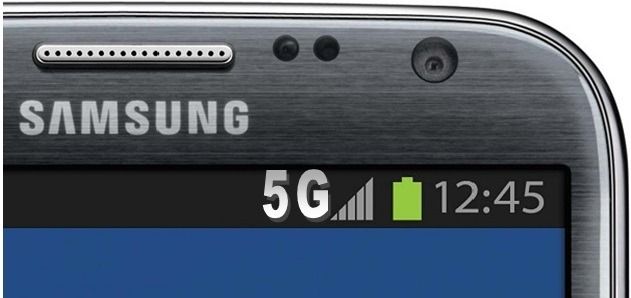5G Hitting Europe and South Korea First

Your 4G LTE connection may be speedy, but South Korea and the European Union are working on something that’s much faster. Both governments announced a collaboration that will set global standards for next-generation 5G wireless technologies.
The announcement means the governments’ information and communication technology sectors will work closely together to create the new standards and policies for the development of 5G wireless networks. According to the Yonhap News, South Korea and the E.U. will work toward developing a global consensus on the definition of 5G technologies as well.
MORE: 15 Best Android Apps You're Not Using
Early this year, South Korea announced it was working on a plan to develop a nationwide 5G network that would be 1,000 times faster than current 4G networks. With speeds like that, users could download 4K movies in the blink of an eye. That network, which won’t be commercially available until 2020, will reportedly cost the government roughly $1.5 billion in related infrastructure costs.
At this year's Cebit conference in Europe, British Prime Minister David Cameron and German Chancellor Angela Merkel announced a series of initiatives to help spur 5G research.
Samsung, which is headquartered in South Korea, previously announced that it had tested a 5G connection in its labs, which reached a face-melting 1 Gbps. The Japanese carrier NTT DoCoMo has also tested its own 5G connection that reached an even faster 10 Gbps. That said, both of those speeds were reached under highly monitored laboratory settings.
In the real world, such connections would have to deal with interference such as buildings and other radio frequencies. In America, the Big Four carriers are banking on enhanced versions of LTE to improve connectivity speeds. Verizon’s new XLTE network provides users with enhanced bandwidth, allowing for improved connectivity.
Stay in the know with Laptop Mag
Get our in-depth reviews, helpful tips, great deals, and the biggest news stories delivered to your inbox.
AT&T, on the other hand, is working on its own LTE-Advanced network, which could provide Web speeds as high as 150 Mbps. Sprint and T-Mobile are still working to build out their LTE networks, and the two are supposedly in talks to join forces.
via: Yonhap News

